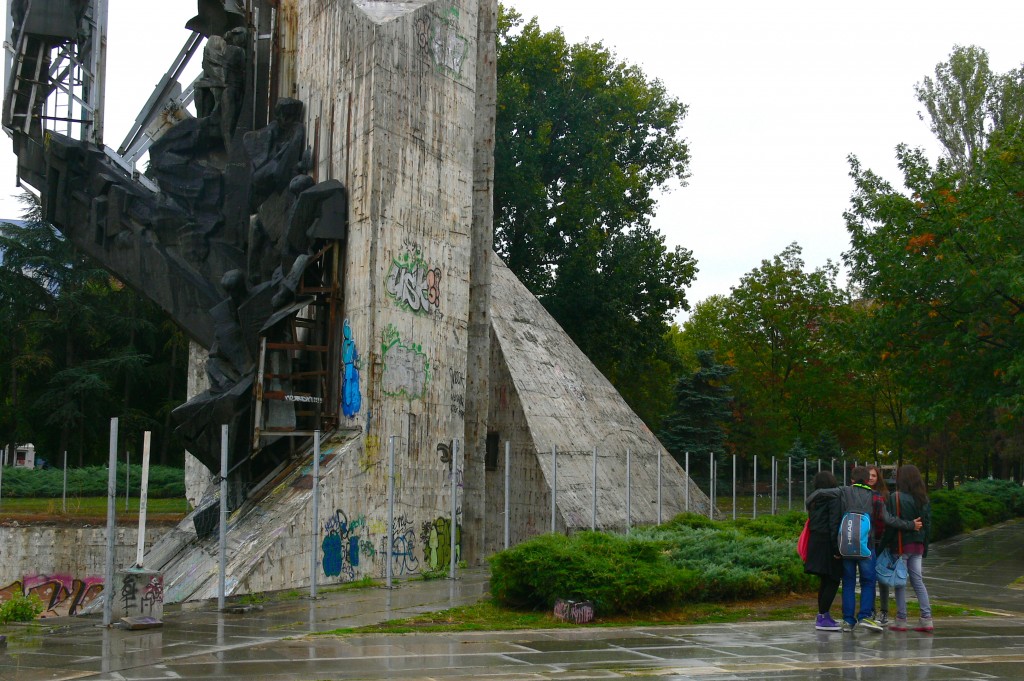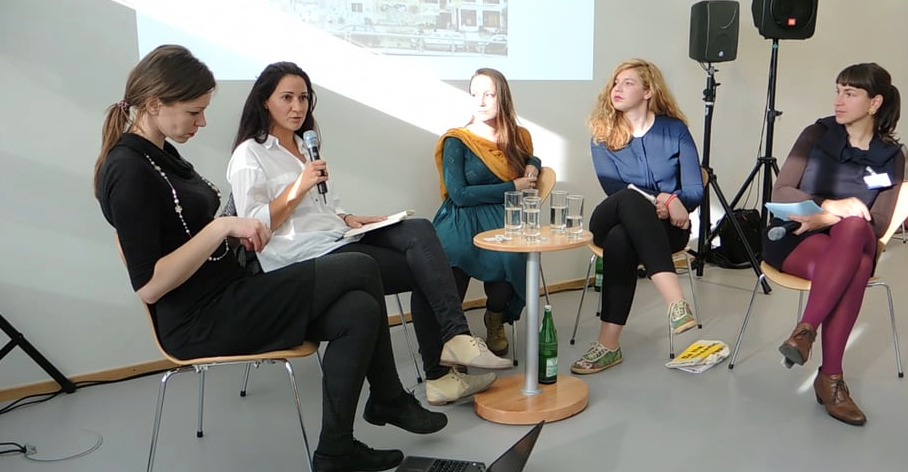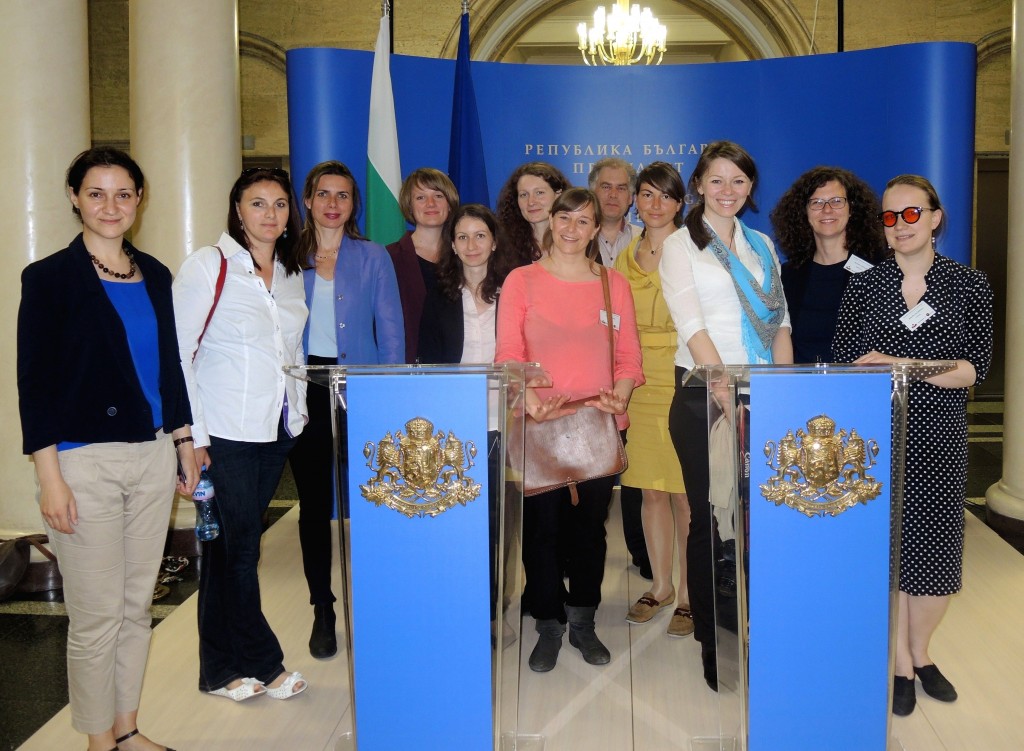In all the states of the former Eastern Bloc, the so called 3rd Generation – those born between 1975 and 1985 – has made transformation experiences in an age of adolescence. In-between breakdown and new beginnings, impoverishment and unknown abundance of goods, new role models and lasting confusion and insecurity. With the promise, that all boarders are now gone and the sticky feeling, that a lot of them are still there, just elsewhere and reshaped.
But how are these issues beeing debated in the different countries of Middle and Eastern Europe, how are they reflected in media and society – or maybe rather not reflected? The background setting and conditions in the single countries are rather different: Some became independent, some saw the rise of ethnic conflicts, some had an early perspective of getting into the EU, others not, other states even ceased to exist and their societies merged into others. There are cultural and religious differences and so on. Similar problems habe appeared in very different size (as economic decay, unemployment and poverty).
But what united the representatives of the 3rd Generation is having to grow up and find their way in a time when the most of the so far common social norms, ways of beeing und orientation marks became invalid and useless basically overnight. Thereby also devaluating the role of the parent generation as guides to live in society. Let alone the relationships of power, that all had to be and were often painfully rethought.
So, what were the impacts of those experiences? How do people between 30 and 40 do position themselves towards their recent history, what narratives have been developed by them and their societies about it? What are their private and social concepts for the future? How do they position themselves as individuals in society, in their role as “Citoyen” – do they appeal to this role at all? And what does this mean for civil engagement, how did they themselves use their opportunities of actively reshaping society?




